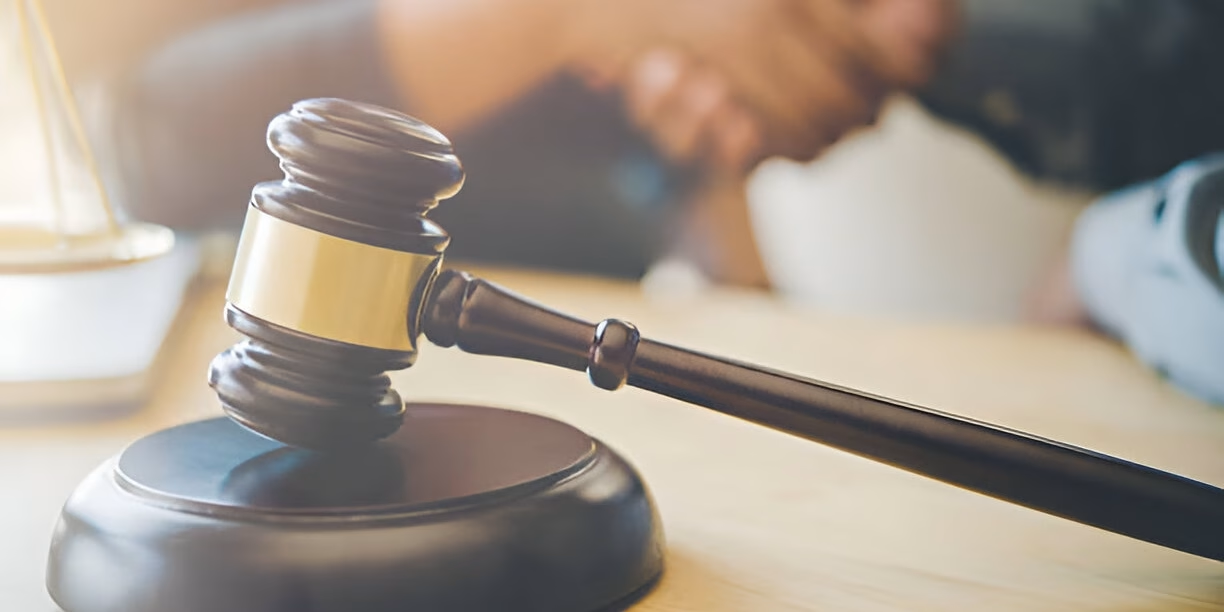When facing a bail hearing, understanding the process and preparing effectively can make a significant difference in securing your release. At Kisel Law, we specialize in guiding clients through the complexities of bail hearings and ensuring their rights are protected. In this article, we share expert tips for a successful bail hearing to help you or your loved one navigate this challenging time.
What Is a Bail Hearing?
A bail hearing is a court proceeding where a judge or justice determines whether an accused individual should be released from custody while awaiting trial. During this process, the court considers various factors, including the severity of the alleged offense, the accused’s criminal history, and the likelihood of appearing in court.
If you or someone you know is preparing for a bail hearing, seeking the advice of an experienced criminal defense lawyer is critical. At Kisel Law, we have extensive experience in representing clients at bail hearings and bail reviews.
Why Bail Hearings Are Critical
Securing bail can provide the freedom to return to work, support your family, and prepare for your legal defense. A favorable outcome at a bail hearing can significantly affect the course of your case. However, the stakes are high, and a denied bail request could mean weeks or months in custody.
Kisel Law emphasizes the importance of professional legal representation to build a compelling case for your release.
Expert Tips for a Successful Bail Hearing
1. Hire an Experienced Criminal Defense Lawyer
One of the most important steps in a bail hearing is hiring a skilled lawyer. At Kisel Law, we specialize in presenting persuasive arguments to ensure favorable outcomes. A lawyer will help you prepare strong evidence, understand court procedures, and counter any objections raised by the prosecution.
2. Understand the Factors Judges Consider
The court assesses several key factors during a bail hearing, including:
- The nature and severity of the alleged offense.
- The accused’s criminal record, if any.
- The accused’s ties to the community, including employment, family, and residence.
- Whether the accused is considered a flight risk or poses a danger to the public.
Preparing arguments that address these factors positively is critical to a successful bail hearing.
3. Prepare a Strong Release Plan
A release plan demonstrates to the court that the accused will comply with bail conditions. This may include:
- Living with a responsible surety (a person who agrees to supervise the accused).
- Abiding by specific conditions, such as curfews or travel restrictions.
- Providing a detailed explanation of how you will meet these conditions.
A well-structured release plan can significantly increase the likelihood of obtaining bail.
4. Present Strong Sureties
Sureties play a vital role in bail hearings. A surety is someone who takes responsibility for ensuring the accused complies with bail conditions.
- Choose reliable individuals with strong community ties and a clean record.
- Ensure sureties are prepared to testify about their ability to supervise you.
At Kisel Law, we work closely with our clients and their families to prepare sureties for the hearing.
5. Demonstrate Good Character and Community Ties
The court is more likely to grant bail if the accused has strong ties to the community and a history of good behavior. Ways to demonstrate this include:
-
- Providing letters of support from employers, family, or community members.
- Showing proof of steady employment or school enrollment.
6. Anticipate and Address Prosecution Arguments
The prosecution may argue against bail by citing concerns such as flight risk or danger to the public. Your lawyer should anticipate these arguments and prepare effective counterpoints. At Kisel Law, we meticulously analyze every case to identify weaknesses in the prosecution’s objections.
7. Know Your Rights
Understanding your rights during a bail hearing is essential. You have the right to a fair hearing, the right to present evidence, and the right to challenge the prosecution’s claims.
What Happens if Bail Is Denied?
If bail is denied, you may be eligible to request a bail review. A bail review involves appealing the decision to a higher court. At Kisel Law, we have a proven track record of successfully representing clients in bail reviews. Our lawyers ensure that every legal avenue is explored to secure your release.
How Kisel Law Can Help You
At Kisel Law, we pride ourselves on providing compassionate, expert legal representation for individuals facing bail hearings and bail reviews. Here’s what sets us apart:
- Extensive Experience: We have years of experience representing clients in criminal defense cases, including bail hearings.
- Personalized Strategy: We develop tailored defense strategies based on the unique circumstances of your case.
- Dedicated Support: From preparing your release plan to representing you in court, we’re with you every step of the way.
Contact Kisel Law for Expert Bail Hearing Representation
A successful bail hearing requires meticulous preparation, expert legal knowledge, and a strong defense strategy. At Kisel Law, we understand the importance of securing bail and are committed to fighting for your freedom.
If you or someone you know is preparing for a bail hearing or bail review, don’t wait—contact Kisel Law today. Let our experienced legal team help you navigate this challenging process and achieve the best possible outcome.








